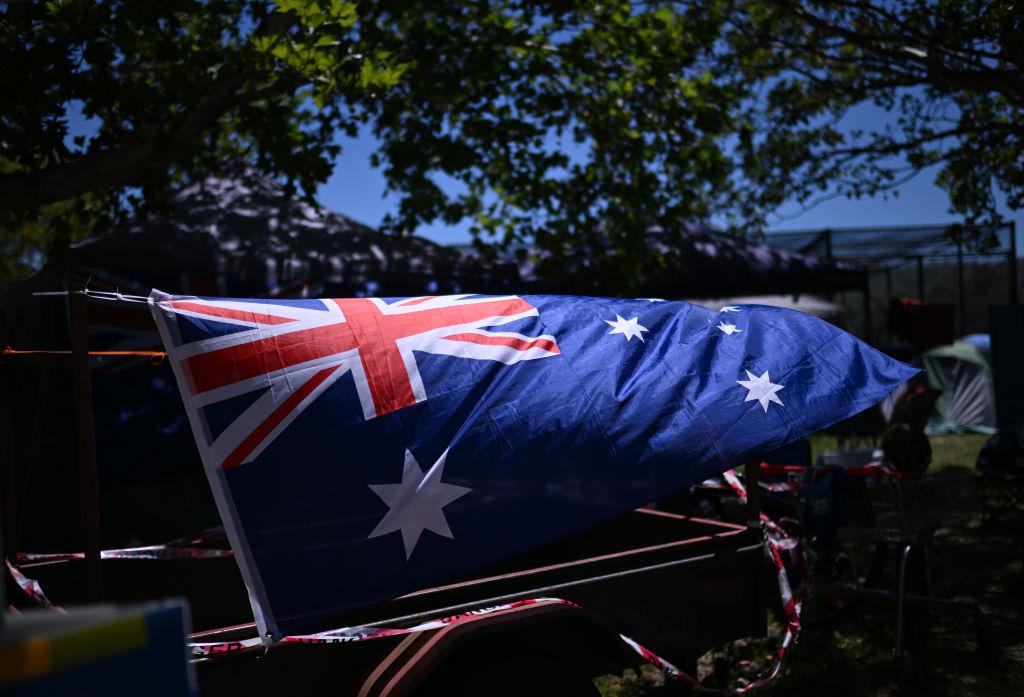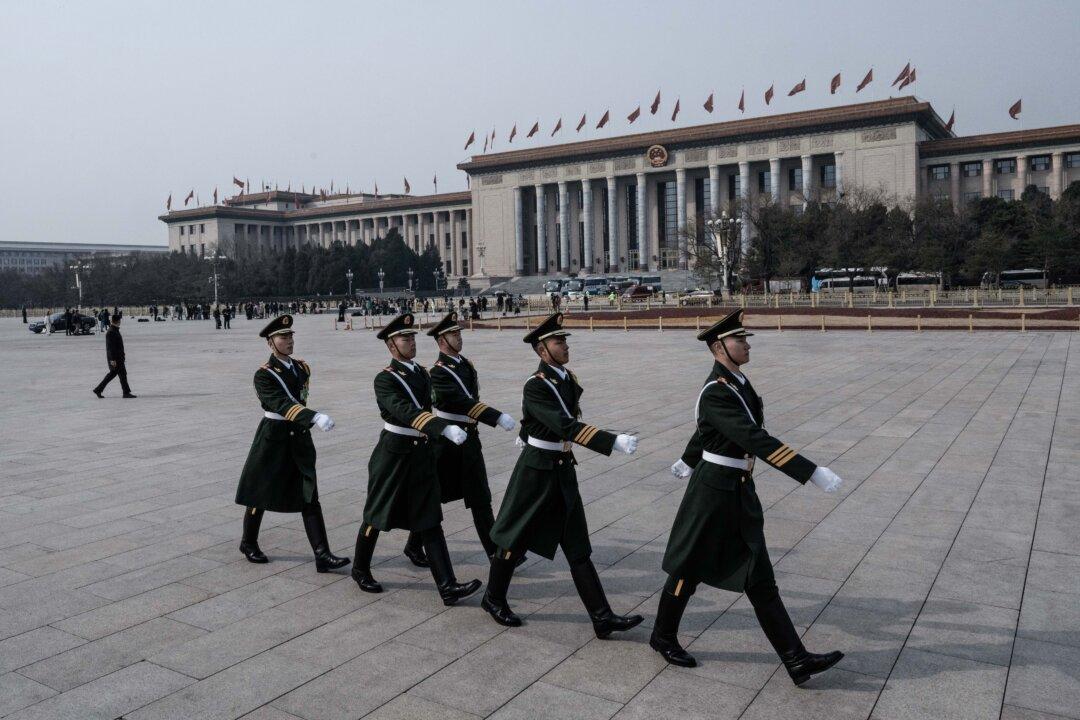Norfolk Islanders, unhappy with Canberra’s increasing interference in local affairs, are calling for greater autonomy or even independence from Australia. One of three governors appointed to run the territory has quit in protest.
In 1979, the island achieved self-rule and was governed by its own Legislative Assembly.





